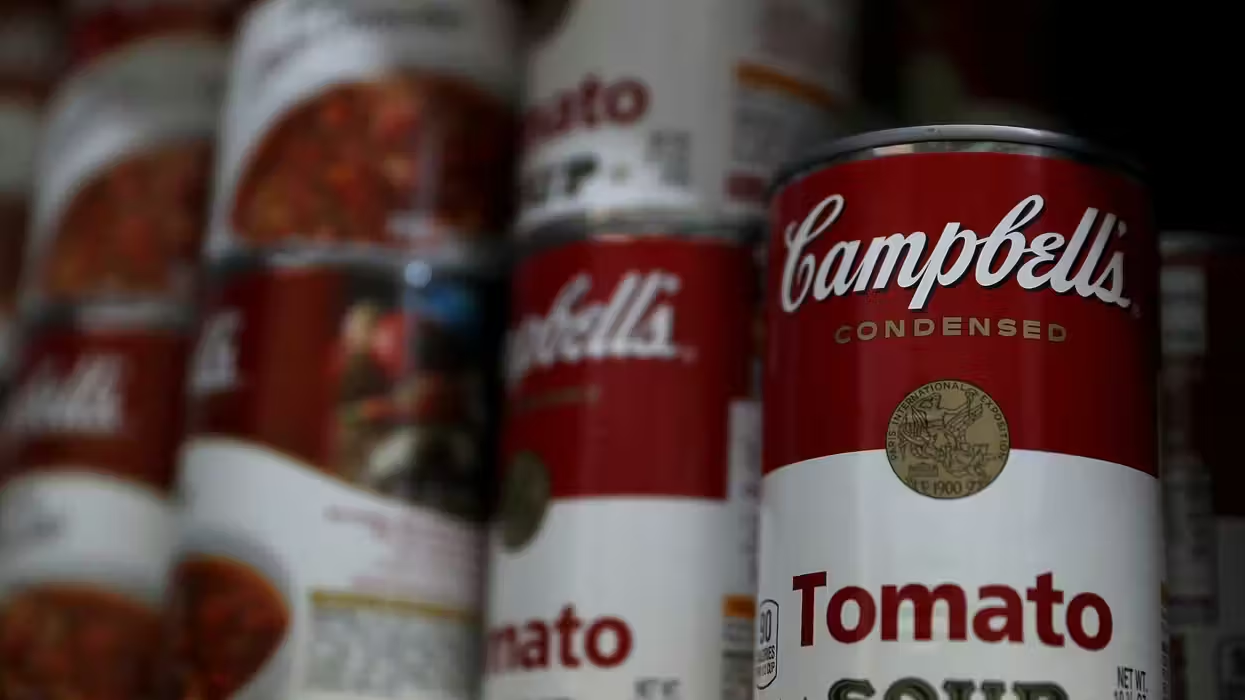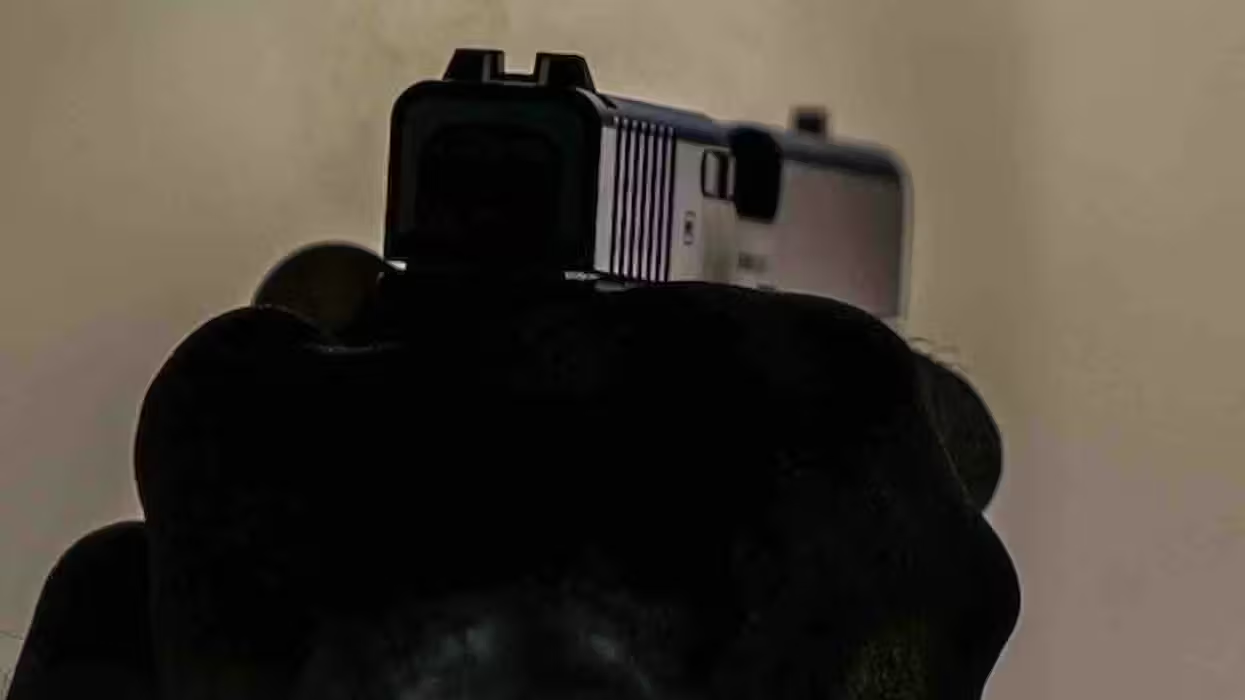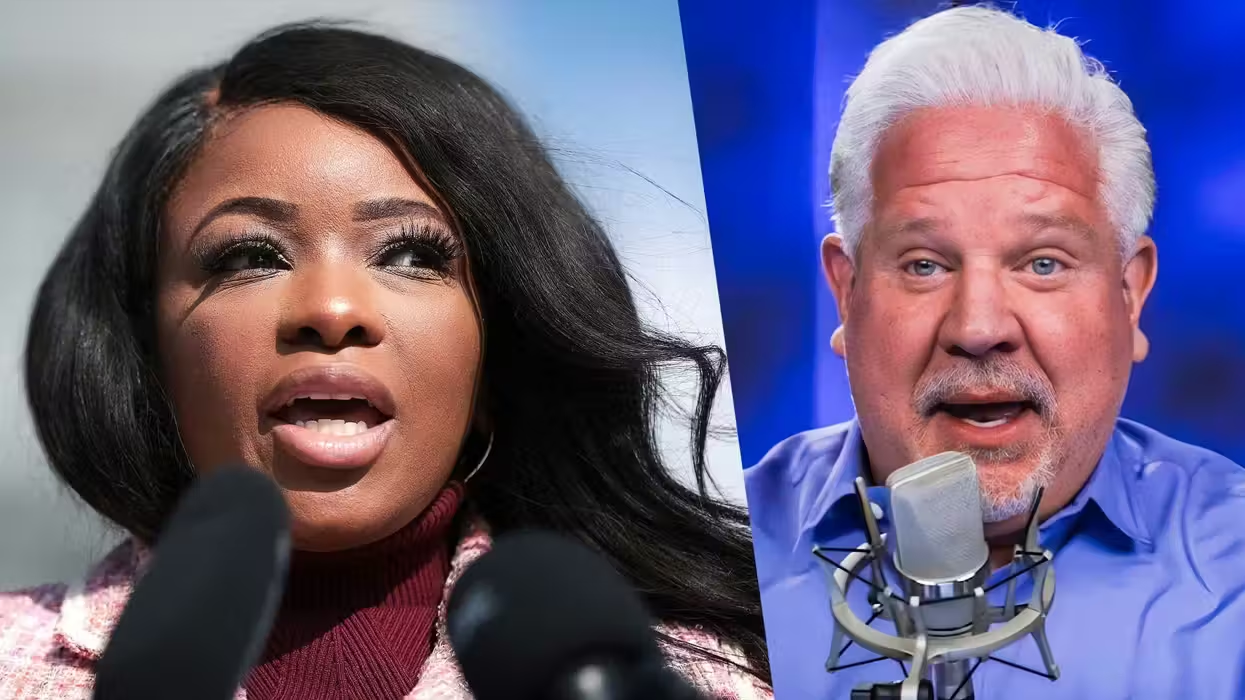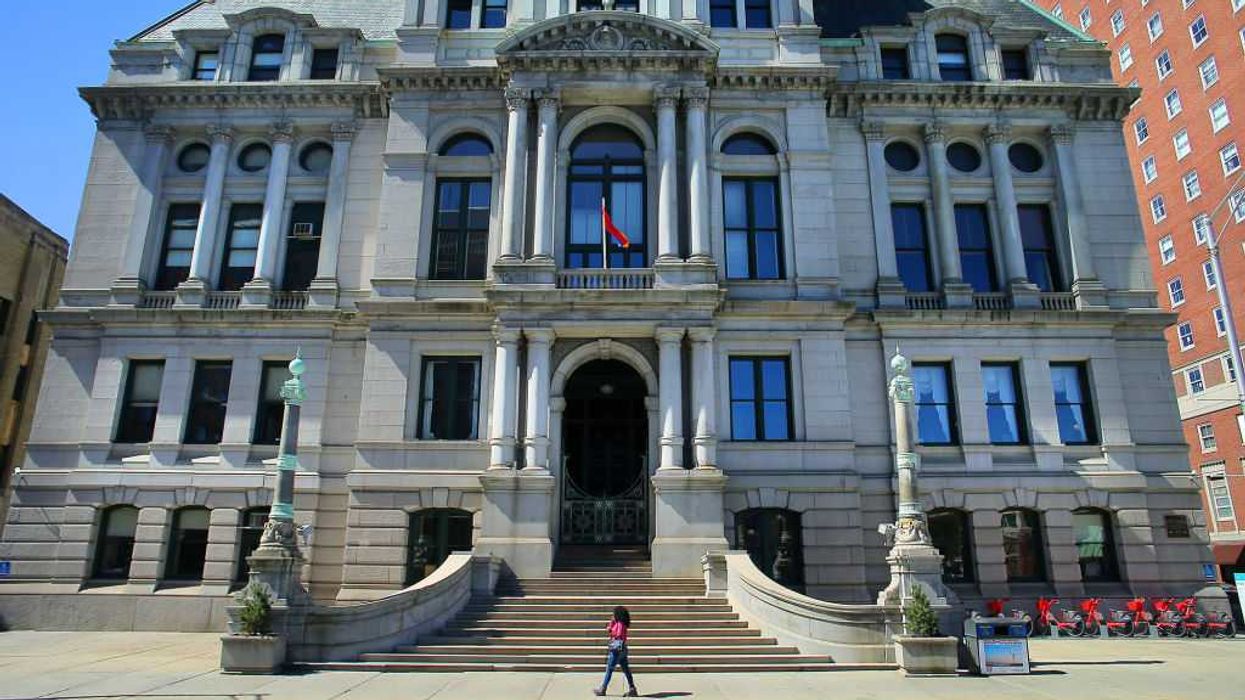- The phone hacking scandal of the Murdoch-owned U.K. paper News of the World lead to an inquiry into British press standards that said newspapers "wreaked havoc with the lives of innocent people."
- This led British politicians to discuss new press regulations and implementation of recommendations made by Lord Justice Brian Leveson, who led the 2011 inquiry into the scandal.
- Free speech advocates feared new press regulations would stifle freedom of the press.
- Ahead of a deal struck Monday, three large newspaper groups threatened to boycott the government and create their own regulatory body.
- A compromise Monday has politicians saying the deal protects both press freedom and the rights of individuals.
- But it has still been called a "sad day for press freedom in the UK."
 (Photo: Shutterstock.com)
(Photo: Shutterstock.com)
Shortly after three of the U.K.'s largest newspapers threatened to boycott the government and establish their own regulatory body over the weekend, a deal has been reached to regulate the press that is said not to infringe upon their freedoms.
The British government sought to establish new regulation for the press after the News of the World scandal that hacked the voicemail systems of private individuals earlier in the 2000s. AFP reported the Leveson Inquiry, initiated by Prime Minister David Cameron in 2011, saying that newspapers "wreaked havoc with the lives of innocent people."
Whats more, on Monday it was revealed by lawyer Hugh Tomlinson at Britain's High Court during legal arguments that there were hundreds more victims in the phone hacking scandal, which ultimately shut down the Rupert Murdoch-owned tabloid published by News International in 2011.
 Britain's Prime Minister David Cameron pictured Dec. 4, 2012. Cameron had warned newspaper editors they must act quickly to set up an independent press regulator in the wake of a media ethics scandal. He spoke after a report he commissioned on press wrongdoing proposed that the press should be regulated by an independent body enshrined in law. (Photo: AP/Neil Hall, PA)
Britain's Prime Minister David Cameron pictured Dec. 4, 2012. Cameron had warned newspaper editors they must act quickly to set up an independent press regulator in the wake of a media ethics scandal. He spoke after a report he commissioned on press wrongdoing proposed that the press should be regulated by an independent body enshrined in law. (Photo: AP/Neil Hall, PA)
Victims called for an independent watchdog whose powers are enshrined in law, but media groups have said that this threatens press freedom.
Members on both sides of British parliament have met for days to re-evaluate newspapers' self-regulation system in light of these sentiments and recommendations made by Lord Justice Brian Leveson, whose inquiry was aimed to clean up the newspaper industry. It seemed a compromise was unlikely to be reached until the early morning hours Monday when a deal was announced that supposedly appeased all parties.
A day earlier though, Associated Newspapers, the Telegraph Media Group and News International, owners of the country's largest newspapers, threatened to boycott a new regulator. The Guardian has more on the thoughts from newspapers who felt the proposed Leveson Law would bring them back hundreds of years:
"We wouldn't join the regulator. It would challenge the government to go for full state licensing," said a source. "This is definitely under active consideration: to stand up against the politicians and for the media and say 'we'll go it alone and what are you going to do about it?' They will just end up fighting for years and newspapers might rediscover a common purpose around press freedom and become a beacon of liberty. This is definitely a fallback position."
Labour leader Ed Miliband said with the new deal, newspapers will have "nothing to fear."
"I think we have got an agreement which protects the freedom of the press, that is incredibly important in a democracy, but also protects the rights of people not to have their lives turned upside down," senior opposition leader Harriet Harman told broadcaster ITV.
AFP reported these being the thoughts held by U.K. newspapers and others this morning:
The Sun tabloid, which is owned by Murdoch, published a photograph of Winston Churchill on its front page with quotes from the wartime leader highlighting the importance of a free press.
The Daily Telegraph broadsheet also noted the role played by newspapers in exposing the dangers of thalidomide poisoning and the lawmakers' expenses scandal.
Free speech campaigners Index on Censorship warned that Monday's deal spelled a "sad day for press freedom in the UK".
Chief executive Kirsty Hughes said the notion of a royal charter "undermines the fundamental principle that the press holds politicians to account".
 The editor of the London Daily Telegraph newspaper Tony Gallagher, left with editor of the London Independent newspaper Chris Blackhurst arrive for a meeting of fellow newspaper editors and the British Prime Minister David Cameron following the release of the Leveson media inquiry, at Downing Street in London,Tuesday, Dec. 4, 2012. (Photo: AP/Alastair Grant)
The editor of the London Daily Telegraph newspaper Tony Gallagher, left with editor of the London Independent newspaper Chris Blackhurst arrive for a meeting of fellow newspaper editors and the British Prime Minister David Cameron following the release of the Leveson media inquiry, at Downing Street in London,Tuesday, Dec. 4, 2012. (Photo: AP/Alastair Grant)
Unlike the U.K.'s widely discredited Press Complaints Commission, which barely bothered to investigate allegations of phone hacking before the scandal broke, the new regulator being proposed by politicians would be independent of the media and would have the power to force newspapers to print prominent apologies.
Submitting to the regulatory regime would be optional, but media groups staying outside the system could risk substantial fines if they get stories wrong.
And rather than being established through a new press law, which advocates of Britain's media have described as unacceptable, the regulatory body would be created through a Royal Charter, a kind of executive order whose history stretches back to medieval times. Adding to the complexity, a law would be passed to prevent ministers from tweaking the system after the fact.
Victims' group Hacked Off said Monday it believes the deal will go a long way toward preserving press freedom and protecting the public from fresh abuses. The groups said it remained concerned about how newspaper groups would be cajoled into joining.
The Associated Press contributed to this report.

 (Photo: Shutterstock.com)
(Photo: Shutterstock.com)





